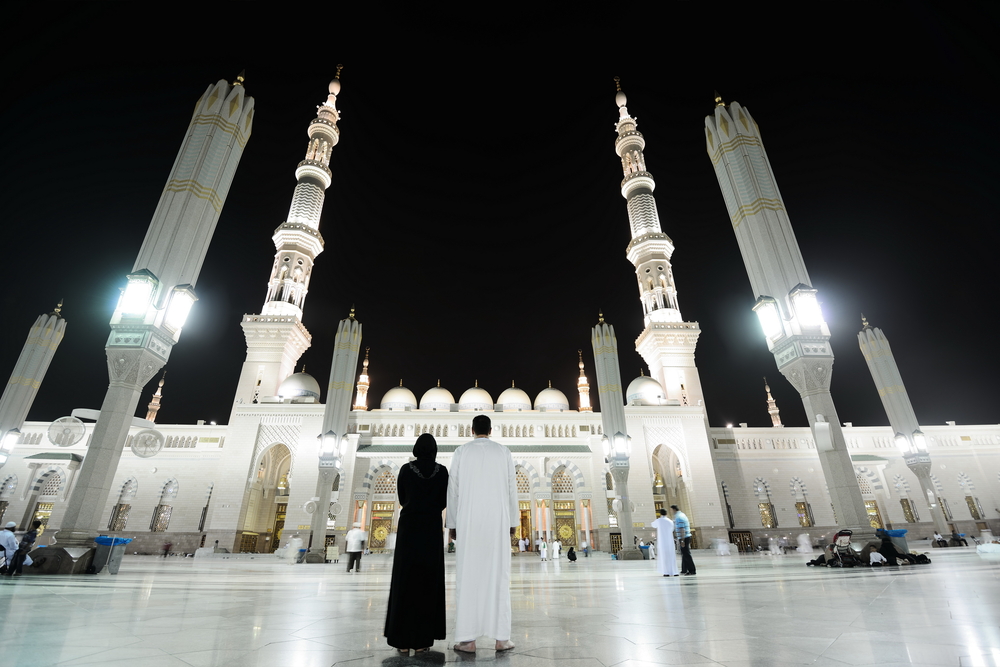
It has been widely believed that religion provides people with a sense of being, belonging, and satisfaction. There are various reports available across the globe on how having a powerful connection to one’s religion contributes to higher levels of life satisfaction, and now one German study has reaffirmed the sea of literature out there on the topic, with one interesting revelation: it shows that Muslims are the most satisfied with their lives due to their strong feeling of “oneness.”
As reported by StepFeed, the new report by Dr. Laura Marie Edinger-Schons, PhD, of the University of Mannheim, defines oneness as “the idea that everything in the world is connected and interdependent.” The study, which was published in the journal Psychology of Spirituality and Religion, was carried out by Dr. Edinger-Schons to identify the link between oneness and greater life satisfaction without specifically focusing on any one religion. However, during the course of the fieldwork, she found that Muslims have higher levels of life satisfaction that people of other faiths.

Dr. Laura Marie Edinger-Schons
According to a recent article by Newsweek, Dr. Edinger-Schons explained what motivated her to conduct the study, saying, “I was wondering whether the larger belief in oneness is something that is independent of religious beliefs and how it affects satisfaction with life.” To answer this question, she carried out her study in two parts. First, participants completed a questionnaire dissecting their beliefs on topics relating to oneness, such as empathy, social connectedness, and nature. Then, they were asked to re-do the questionnaire again six weeks later in order to measure if their attitudes were constant.
What the study eventually showed is that people who believed in oneness were more satisfied with life. It also revealed that women were significantly more likely to believe in oneness than men, those with middle-to-high incomes related more to the principle than those with lower incomes, and that Muslims, on average, had the highest mean value of oneness beliefs, followed by Christians who do not identify as Protestant or Catholic. Following closely were Buddhists, Hindus, Catholics, Protestants, Jews, other non-Christians, and finally atheists.

















